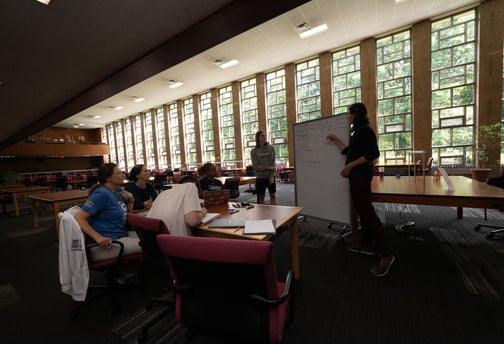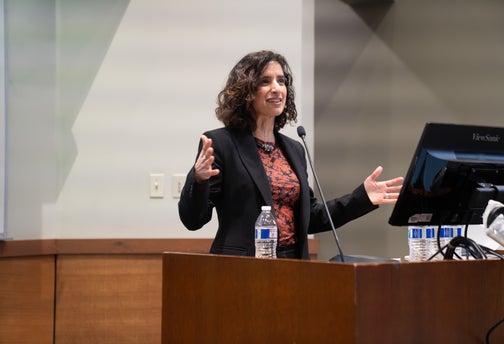What impact does food have on the environment? How does food production contribute to systemic oppression? How is food tied to identity, authentic heritage and invented traditions?
Food Studies is a growing and inherently interdisciplinary field that examines the relationship between food and all aspects of the human experience, locally and globally, including culture and society, science, politics, history and business.
With this minor, you will be inspired to both think critically and actively engage in aspects of food production, food sustainability, and food security through integrative studies in the liberal arts, natural and physical sciences, and business and management. Through experiential learning projects, cultivate the understanding and technical skills relevant to scientific and business aspects of the food industry with consideration to the historical, political, and social constructions and inequities of the domestic and global food systems.


